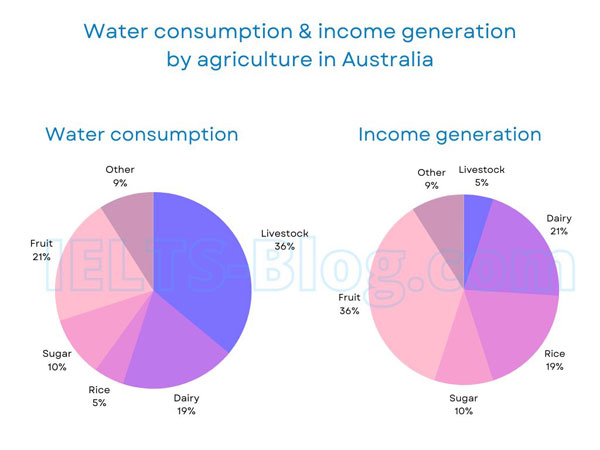IELTS test in Pakistan and Iran – January 2023 (General Training)
Our friends from Iran and Pakistan remembered the following questions after taking their IELTS exams among the first group in January 2023. Great job and thank you to M.Z, H.Z and I.F.!
Writing test
Writing task 1 (a letter)
You had a minor accident at work and you got injured. According to the company rules, you have to report it in writing to your manager. Write a letter to your manager. In your letter
– describe what happened and your injury
– explain what the result of the accident was
– suggest a way to avoid similar accidents in the future.
Writing task 2 (an essay)
Some people think that visiting museums and art galleries is the best way to learn about art, while others believe that there are better ways of doing that. Discuss both views and give your opinion.
Speaking test
Part 1 (Interview)
– What is your name?
– Do you work or study?
– Do you like chocolate?
– Have you ever given anyone chocolate as a gift? Why?
– When do you go to bed?
– When do you usually wake up?
– Did you go to bed late when you were a child?
– What do you do before bedtime now?
– Is it a good idea to have a late bedtime?
Part 2 (Cue Card)
Describe a city you visited that has been affected by pollution. You should say
– what city it was
– when you visited it
– what kind of effect pollution had on it
– and explain how you felt about this.
Part 3 (Discussion)
– How can we stop industrial pollution?
– What should the government do to protect the ecology?
– What should we do as individuals to save the planet from pollution?
– How can we reduce pollution?
– What kind of effect does pollution have on us?
– Who do you think is fighting pollution more actively, younger or older people?
– Do you think younger people feel the same way about pollution as older people? Why?



